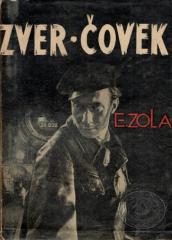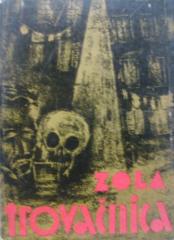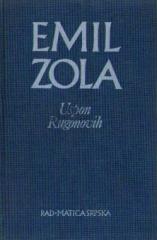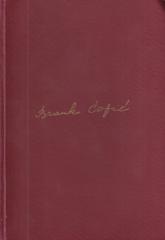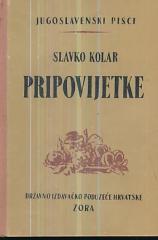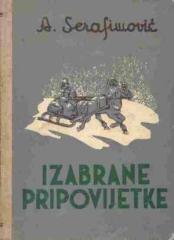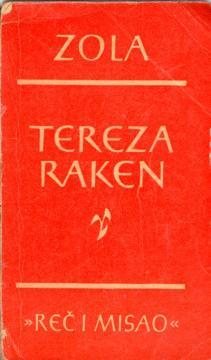
Tereza Raken
„Thérèse Raken“ (1867) ist eine düstere Studie über Leidenschaft, Verbrechen und psychologische Folgen. Der Film spielt in Paris und handelt von Thérèse, einer jungen Frau, die von ihrer Tante Madame Raken aufgezogen und zur Heirat mit ihrem kränklichen S
Thérèse führt ein tristes Leben in einer langweiligen Ehe und einem kleinen Laden und unterdrückt ihre Leidenschaften. Alles ändert sich, als sie Laurent, Camilles Freund, einen vitalen und leidenschaftlichen Maler, kennenlernt. Ihre obsessive Liebesaffäre entwickelt sich schnell zu einem Plan, Camille zu töten, damit sie zusammen sein können.
Nachdem sie Camille in einem Fluss ertränkt haben, heiraten Thérèse und Laurent, doch statt Glück werden sie von Schuldgefühlen und Angst heimgesucht. Zola beschreibt detailliert ihren psychischen Zusammenbruch: Halluzinationen, Albträume und gegenseitige Anschuldigungen zerstören ihre Liebe. Madame Raken, nach einem Schlaganfall gelähmt, wird Zeugin ihrer Auseinandersetzungen, kann aber nicht sprechen. Die Spannung gipfelt in gegenseitiger Verzweiflung, wo Thérèse und Laurent, unfähig, die Last des Verbrechens zu tragen, zu einem tragischen Ende greifen – dem gemeinsamen Selbstmord.
Zola, ein Pionier des Naturalismus, stellt Figuren als Opfer von Instinkt, Umwelt und physiologischen Trieben dar, ohne zu moralisieren. Der Roman ist eine düstere Darstellung der menschlichen Natur, in der Leidenschaft und Schuld unweigerlich zum Untergang führen. Der Stil ist realistisch, mit Schwerpunkt auf psychologischer Tiefe und rohen Emotionen.
Im Angebot sind keine Exemplare vorhanden
Das letzte Exemplar wurde kürzlich verkauft.
